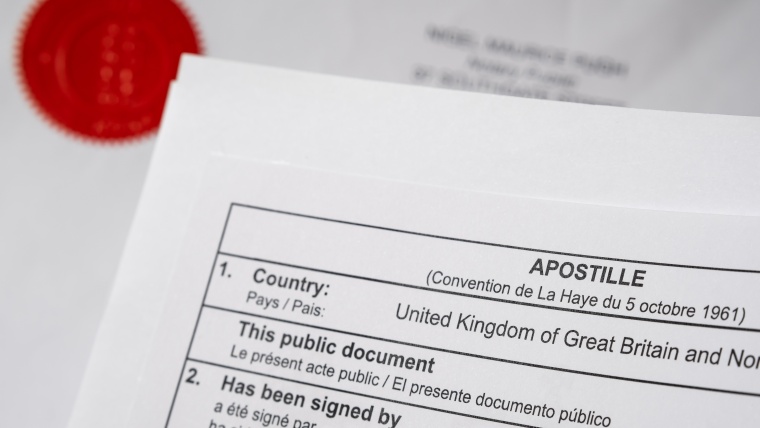In an interconnected world where people frequently move, study, work and do business across borders, the correct paperwork is essential.…




















Getting official documents translated for weddings or civil partnerships abroad can be confusing. Here at Business Language Services, we have…


Ever wondered what goes into producing a certified translation? What does the certified stamp signify? What do the different certification…